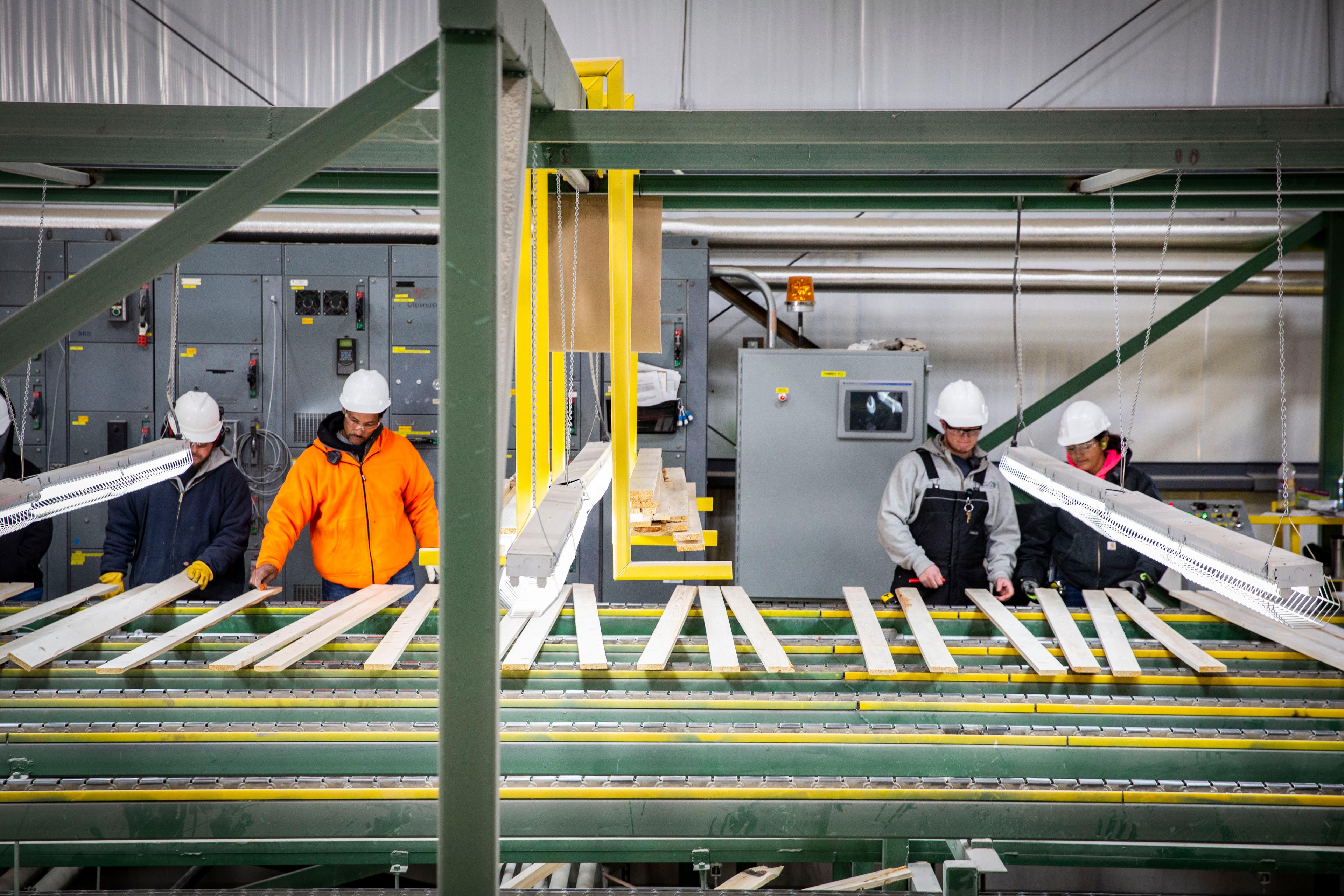
In his first few state of the state addresses, Colorado’s outgoing Gov. John Hickenlooper didn’t mention rural Colorado much. That changed over the years, and especially in his last annual address to the legislature, when the Hickenlooper used the word “rural” nearly 30 times.
Many of those mentions centered on Hickenlooper’s desire to bring jobs to corners of Colorado that were not seeing the same economic boom that’s carried the Front Range in recent years. The Hickenlooper administration tried myriad ways to meet that goal, from including rural perspectives in decision-making processes to providing incentives to businesses and financial assistance to local governments.
That’s according to Henry Sobanet, who was Hickenlooper’s budget chief for nearly eight years.
“There’s no one button to push,” said Sobanet, who is now chief financial officer for the Colorado State University system. “Rural Colorado is going through the same problems that the rest of rural America is going through. You have people moving away, and then on top of it you have an aging population.”
The state Department of Local Affairs gave out some $10 million in grants last fiscal year, much of that for rural economic development. Another state agency, the Office of Economic Development and International Trade, estimated it issued tens of millions of dollars per year in recent years in tax credits, grants and loans. It takes credit for the creation and retention of about 30,000 jobs in rural counties.
One beneficiary was Blanca Forestry Products, a saw mill in southern Colorado’s Costilla County. Hedge fund billionaire and conservationist Louis Bacon built the mill to process overgrown timber from his nearby 172,000-acre Trinchera Ranch.
Ranch manager and Blanca Forestry Products President Ty Ryland said Bacon spent $43 million on the mill. The state also pitched in more than $1 million in grants and loans for improvements to a nearby county road.
“I think without the state’s involvement it would’ve been difficult to do this,” Ryland said. “They’ve been supportive since day one.”
Costilla County, one of the poorest in the state, needs all the economic activity it can get. About 30 percent of its population lives below the poverty line. County Administrator Ben Doon said the mill’s 70 workers may not sound like much, but in fact are because Costilla County has fewer than 2,000 people in the labor force.
“It's a huge deal for us,” Doon said. “It really is.”
Ryland said those employees start at $14.25 an hour, with supervisors making in the mid-$20s hourly. Manuela Dorado, a Costilla County native, has worked at the mill for about four months. She was a receptionist in Colorado Springs for a few years, but she wanted to get back to the San Luis Valley. She said she probably couldn’t have done that without her job at the mill.
“It gives a lot of people here jobs and the opportunity to have a stable life,” she said.
Doon said the county helped attract the state’s help, but only after it first vetted the project. He was impressed by the Trinchera Ranch’s plan to leave some of the biggest, most valuable trees to seed future growth. The main aim is to promote the forest’s health and minimize fire risk.
“After I learned that I was like, ‘This is something we really need to bring here,’ “ Doon said.
But some rural Republicans see incentives differently. Outgoing state Sen. Kevin Lundberg, R-Berthoud, called the Department of Local Affairs a “slush fund” for the governor.
“He can pick and choose who he wants to give an extra bonus to and who he wants to withhold it from,” Lundberg said.
Lundberg, a fiscal conservative, was a member of the important Joint Budget Committee that helps set the state’s spending agenda. He’s also voted against legislation to increase funding for the Department of Local Affairs. The state should be spending its money not on individual projects, Lundberg said, but on roads and highways that would benefit entire regions.
"The state does have a strong responsibility to maintain a good infrastructure,” Lundberg said. “If you want to be a blessing for rural Colorado, well, the first priority ought to be to provide good roads.”
But when it comes to individual projects, Kevin Wilkins, executive director of the San Luis Valley Development Resources Group in Alamosa, said state help can be hugely important. Businesses don’t necessarily do projects because of incentives -- but they are part of the calculus.
“Incentives are a tipping point,” he said. “It fills the gap. It meets a need that might not otherwise been met, that if not met the project will not go forward.”
Wilkins said he’s happy with what Hickenlooper’s initiatives did for rural Colorado.
“We're making progress,” Wilkins said. “ And I think [Gov.-elect Jared Polis] has an opportunity to build on that.”
Through his campaign, Polis has said he’ll support the expansion of broadband internet in rural Colorado. His campaign website said he’ll also bring local governments and businesses together to bring new industries to rural Colorado.
CPR’s Ben Markus contributed to this report.








